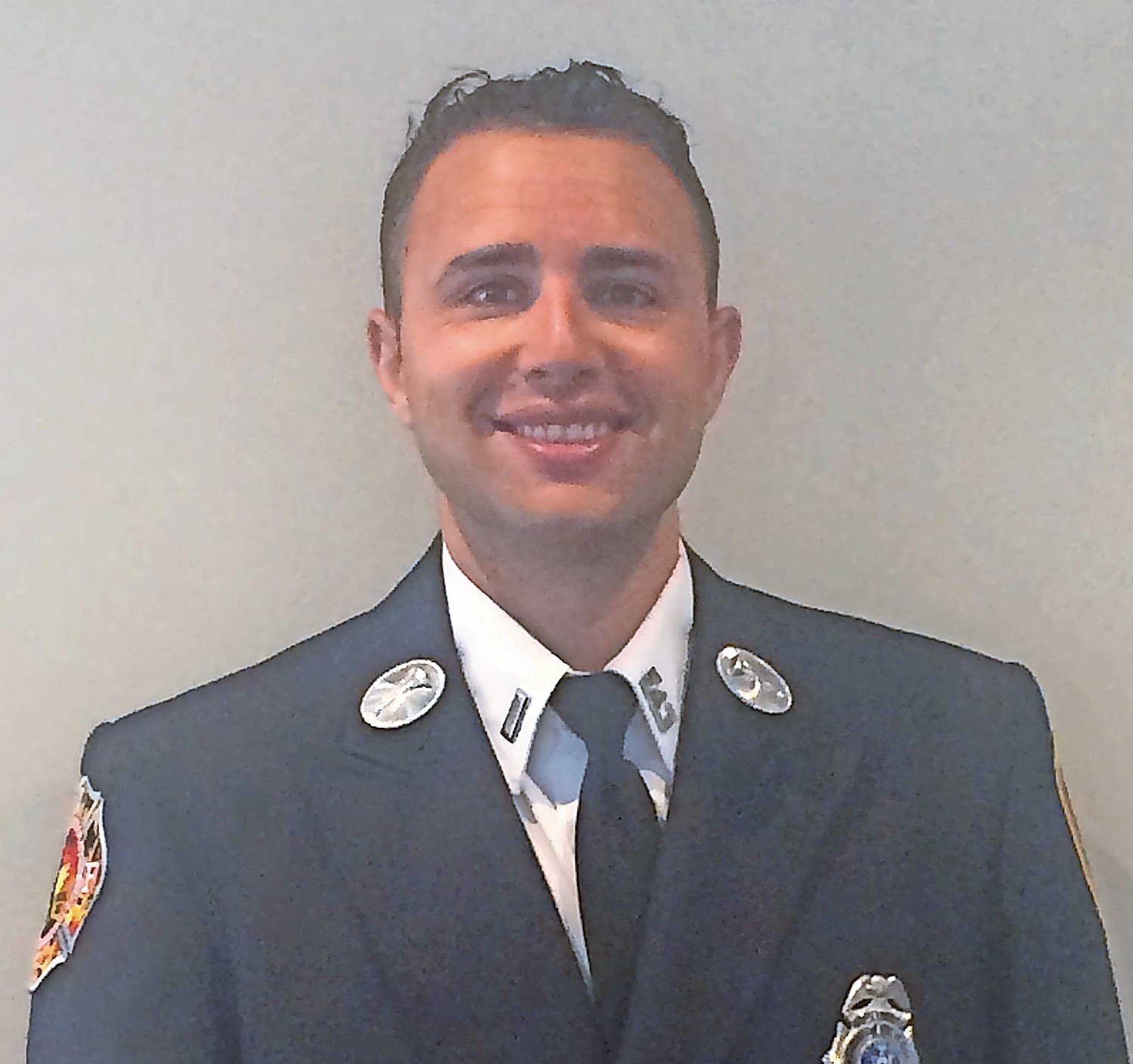Don’t let a fire ruin your holiday
While the aromas of turkey, stuffing, sweet potatoes and desserts fill our homes this holiday season, statistics show that our homes may be filled with smoke too.
According to the According to the National Fire Protection Association and International Association of Fire Fighters, home fires involving cooking peak on dates that are major holidays with traditions of cooking. Thanksgiving is the leading day for home cooking fires, with 230 percent more home cooking fires occurring during this holiday. The organizations say that unattended cooking and the misuse of cooking equipment are the leading contributing factors in cooking fires.
Cooking fires are common and usually avoidable. They are the most frequent cause of fires in homes. Cooking related fires were responsible for 40 percent of all reported fires in homes, and in over 80 percent of fires in apartment buildings, according to the NFPA. Unattended equipment is a key factor of these fires. Where do these fires start? What causes them?
According to the NFPA, ranges or cooktops are the appliances involved in the majority of cooking fires. The most common cause is unattended cooking, with food igniting into fire. Two-thirds of house fires involving cooking equipment begin with the ignition of food, mostly being fat, oil, or grease; causing roughly three-quarters of civilian deaths, injuries and direct property damage.
Some appliances and ovens are designed to have high heat and flames within. Do not open the door of your oven or microwave if you see unusual flames or smoke inside. Keep the door closed to limit the spread of the smoke or fire, turn off the appliance and call the fire department.
The NFPA offers these tips when cooking or dealing with a cooking fire:
• Stand by your pan. Don’t leave unattended food cooking on the stovetop.
• Put a lid on a grease fire to smother it, and then turn off the heat.
• Smother baking soda over a grease fire. It is an extinguishing agent. Never use flour instead of baking soda, it can increase the fire.
• Never move a burning pan. You can be badly burned or spread the fire.
• Never throw water on or use a water extinguisher on a grease fire. Water will only spread the fire. The force of the extinguisher can splash flaming grease out of the pan.
• Keep pot handles turned inward to prevent accidental spills of hot contents.
• Create a three-foot “child-free zone” around the stove. Keep children and pets away while cooking to prevent burns and scalds.
• Keep combustible objects such as potholders, towels, paper or plastic bags away from heating elements.
• Don’t use the oven to store items, especially oven mitts or towels.
In the event of a fire, exit immediately and call the fire department. Leave the firefighting to us; the majority of victims injured in fires are hurt while attempting to put it out.
Deep-frying a turkey presents numerous safety hazards; the Underwriters Laboratory states, “Based on our test findings, the fryers used to produce those great-tasting birds are not worth the risks. And, as a result of these tests, [Underwriters Laboratory] has decided not to certify any turkey fryers with our trusted UL mark.”
UL says that hazards include:
• Units easily tip over, spilling the hot oil from the cooking pot.
• If the pot is overfilled with oil, it may spill out of the unit when the turkey is placed into it. Oil may hit the burner or flames, causing a fire to engulf the entire unit.
• Partially frozen turkeys placed into the fryer can cause a spillover effect, resulting in an extensive fire.
• The lid and handle of the pot gets dangerously hot, posing severe burn hazards.
If using a turkey fryer, the Underwriters Laboratory recommends the following tips:
• They should always be used outdoors at a safe distance from buildings and any other flammable materials.
• Use in a garage or on a wooden deck.
• Keep an all-purpose fire extinguisher nearby. Never use water to extinguish a grease fire.
• Make sure the fryers are used on a flat surface to reduce accidental tipping.
• Never leave the fryer unattended. Most units do not have thermostat controls. If you do not watch it carefully, the oil will continue to heat until it catches fire.
• Never let children or pets near the fryer even if it is not in use. The oil inside the cooking pot can remain dangerously hot hours after use.
• Use well-insulated potholders or oven mitts when touching pot or lid handles. Wear safety goggles to protect from oil splatter.
• Make sure the turkey is completely thawed and dry. Oil and water do not mix; water can cause the oil to spill over and start a fire.
All information from the National Fire Protection Association, International Association of Fire Fighters and Underwriters Laboratory.
Sam Pinto is a career firefighter, Long Beach school board trustee, paramedic, nationally certified fire instructor, and certified fire and life safety educator. He can be reached at SPinto@iaff287.org.

 50.0°,
Fair
50.0°,
Fair 




